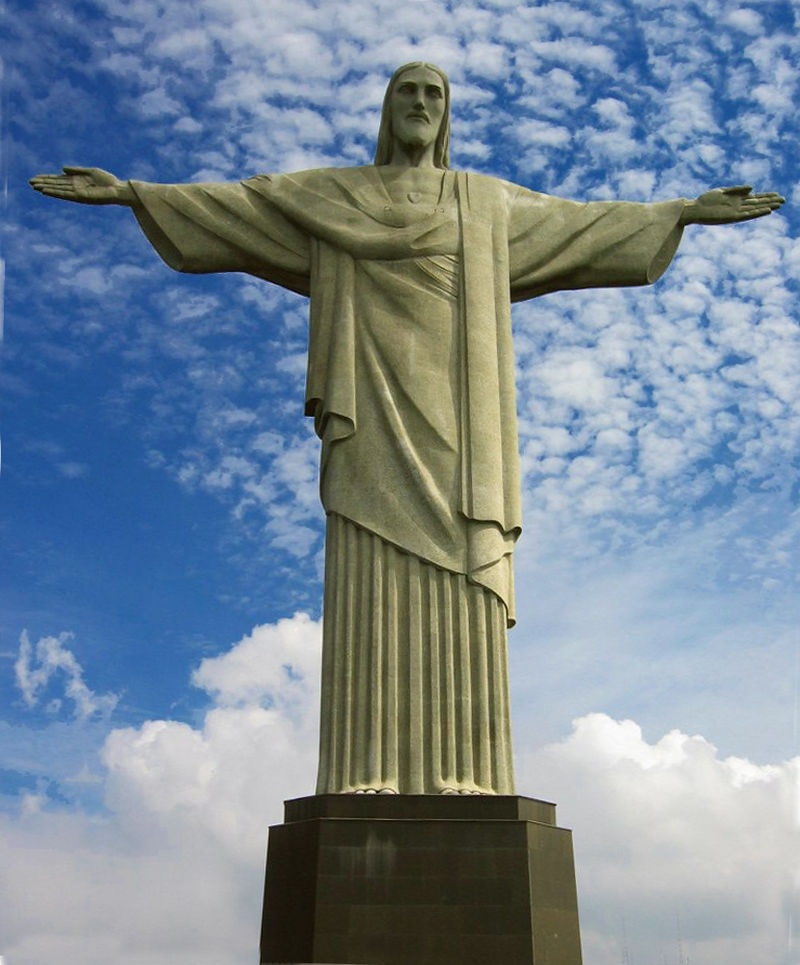Christian apologists claim that you can´t live a meaningful life without God. Atheists of course beg to differ. After all, *they* live meaningful lives so what´s the problem? But on this point, I think the apologists have a point. Not only are the atheists being philosophically inconsistent (no terrible crime, in my opinion). Virtually all atheists believe in a form of atheism according to which the universe must cater to *their* specific subjective preferences. Isn´t that strange?
Remember, most atheists are materialists and reject teleology. Evolution isn´t goal-directed, and so on. It´s driven by a combination of brute necessity and random chance. In other words, a completely blind process. And yet, this blind brutality *always* leads to the outcome desired by the particular atheist making the claim that of course everything is just blind. I could name names, but this isn´t intended as a personal polemic. Libertarian atheists always end up with a human nature that´s essentially libertarian. Victorian gentlemen atheists end up with a human nature that´s quintessentially British. Socialist atheists end up with an inevitable historical dialectic pointing towards a classless society. Atheists who shout at the top of their lungs that the cosmos is meaningless and that only infinite time and chance can lead to outcomes desired by someone somewhere at some planet, neverthless find themselves living at exactly the random moment in time (and at the right planet) when the outcome desired by *them* unfolds right in front of their very noses (utterly blindly, of course). Isn´t that strange?
There are only two exceptions to this rule: Charles Darwin (and he probably wasn´t consistent on this point) and Richard Dawkins. Yet, even Dawkins has a crypto-teleological loophole in his theories: the evolution of evolvability. Perhaps crypto-left-Labourites are inevitable even on Mount Improbable?
The plot thickens when we realize how many atheists (yes, self-avowed atheists) believe in human immortality. Even in the meaningless, pitiless, merciless existence there is always a certain chance (which becomes inevitably given enough time, or enough planets, or enough genial human ingenuity by some "Brights") that we (and they really do mean us) can experience a "singularity", download our minds into a quantum computer, upload our minds into interstellar space and become like gods, or some other goal suspiciously similar to Heaven or the Millennium of those pesky little Christian apologists. Isn´t that strange?
It´s almost as if materialist atheists don´t really believe that there could be any meaning in a blind materialist universe...
And they are right, of course. A reductionist must claim that our deep-seated feelings of meaning and meaninglessness (the latter impossible without the former, nota bene) are just irrational hot air caused by misfiring neurons, or some kind of really elaborate self-deception that arose through blind natural selection to make us cope with brute existence. The only "meaning" we can possible experience is related to food, shelter, sexual release, and other reductively material pursuits. But this is unconvincing. First, humans obviously have needs that can´t be so reduced. And how can even the *illusion* of meaning be blindly selected for in a universe that lacks such concepts in the first place?
Here´s a radical idea: what if beauty, love, morality and transcendence can´t be reduced to anything else, but exist in and of themselves as part of objective human nature? That´s certainly how they seem to come across. (Yes, people have different ideas about what counts as "beautiful", but the concept of "beauty" seems to be universal.) Even if we assume that these concepts are "only" intersubjective for the genus Homo, they are hard to explain simply on the basis of reductively materialist blind evolution. It´s almost as if humans evolved to adapt to a pre-existing noosphere or theosphere. Or did the noosphere-theosphere emerge from human consiocusness? That too would take a lot of explaining. Why does blind necessity and chance work like *that*? Does the blind process cancel itself, purely by chance? Or by necessity, perhaps.
Ultimately, of course, you can´t "prove" things like this philosophically. You just have to decide in practice how you want to live. Strangely, it seems easier to live as if meaning was real, than to pretend that it´s just a very elaborate illusion. It´s almost as if the Universe wants to tell us something...

No comments:
Post a Comment